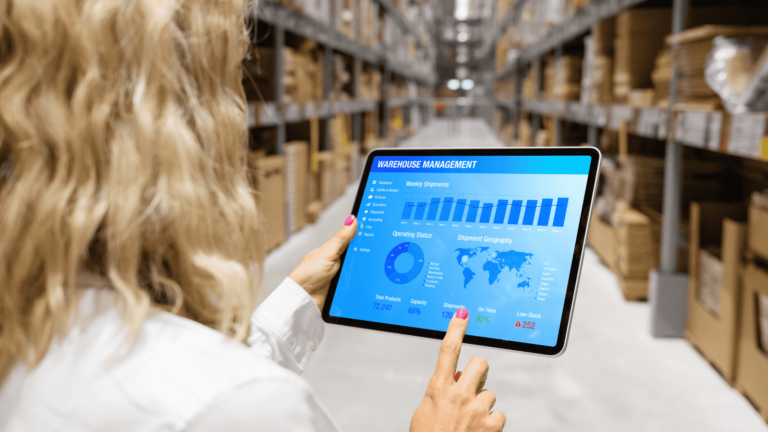Enterprise Resource Planning (ERP) software plays a crucial role in today’s business environment, with it being a vital part of not just the Large-scale business, but even Small-to-medium scale enterprises (SMEs). This important automated solution allows businesses to manage inventory, order processing and production. Not just this, but ERP does a marvellous job on many other grounds as well, like it monitors the allocation and use of resources from a comprehensive database management system with built-in analytics. All in all, ERP is an information system that manages, through integration, all aspects of a business consisting of planning, manufacturing, production, purchasing, sales, distribution, accounting and customer service.
Meanwhile, SMEs need ERP solution for various reasons, however, the main reason remains to improve communication across departments and optimize business processes by offering users easy visibility of all operations. ERP is also required to enable the integration of business’ financial information and also for its ability to integrate customer order information. So, the reasons are endless, but there are few aspects that SMEs must look out for while choosing an ERP solution:
 Find an experienced development partner for rapid deployment
Find an experienced development partner for rapid deployment
It needs to be ensured that the ERP solutions you are choosing, are supported by a mature partner ecosystem, which can help SMEs identify, buy, build, implement, service, support & run the solutions best fitting the unique needs of the organization. Besides, the SMEs must also seek industry-based Rapid Deployment Packages which are built, sold & supported by ERP partners.
Available anywhere, anytime
Nowadays, work accessibility and flexibility is of major necessity and thus, it becomes highly important that the ERP software used by the firms well cater to this requirement.
Ensure that it can grow with your business
Must, must ensure that the ERP software you are choosing is a completely scalable solution that leverages the benefits of a SaaS ERP, As the enterprise adds a news subsidiary or as it acquires new entities, the solution must be able to easily incorporate them and integrate offices and warehouses all around the world.
Must cover all business functions & provide best industry practices
An ERP software should provide industry best practices as well as complete coordination among various functions of business, as then it is able to provide management the ability to quickly deploy the platform, get real-time analytics & business intelligence for complete visibility.
So, as all the main functions in an organization are interconnected and on one-single-platform, it creates an ease of operation, removing unneeded complications. Now, these were the major aspects that should be considered while choosing an ERP solution. Other than that, there are few other crucial steps such as deciding whether an ERP is right for your organization awareness and planning. After all, it is important to be aware of your enterprise’ real needs right now and in forthcoming months and years, and then to compare those requirements to what various software solutions offer – with a defined view of cost vs. benefit equation as it related to your enterprise – as this will ensure that you make the right decision.
Taking into consideration the above factors, you will be able to select an option that won’t just save your time and money, but will also help your business grow to another level.
 Find an experienced development partner for rapid deployment
Find an experienced development partner for rapid deployment


